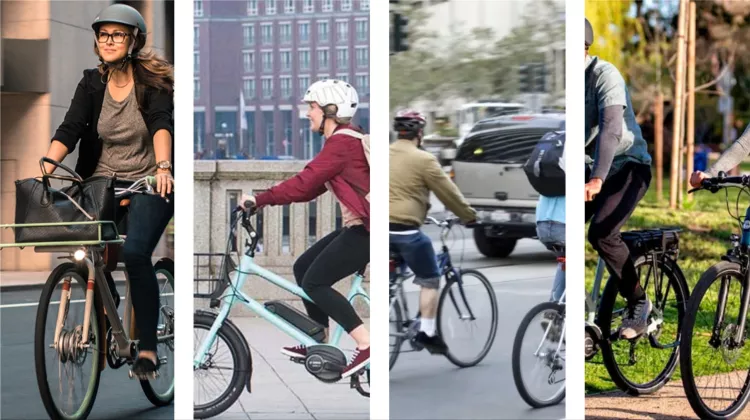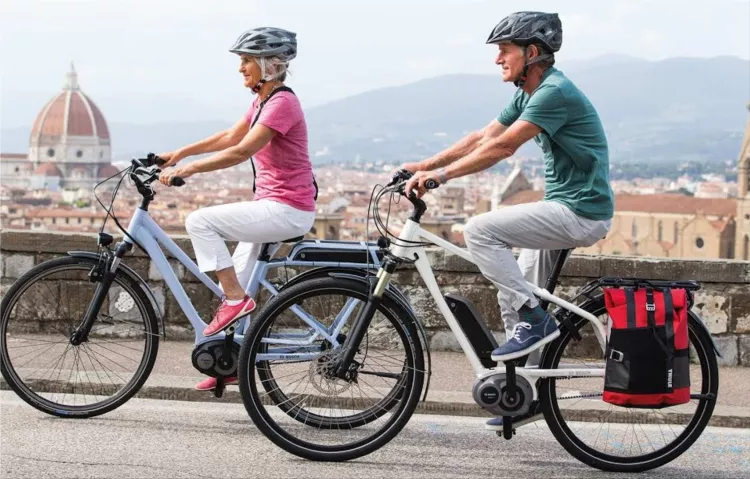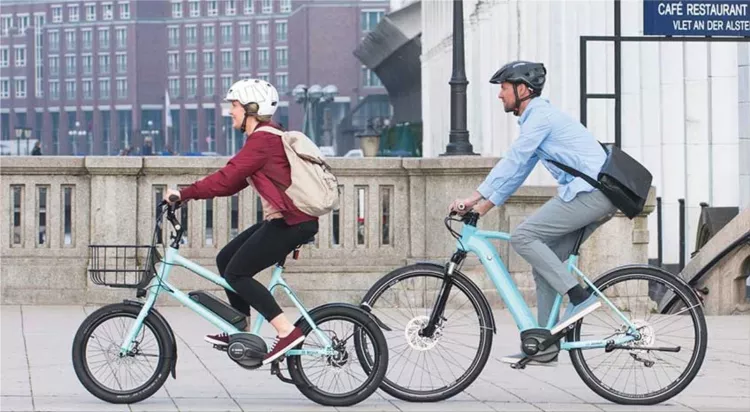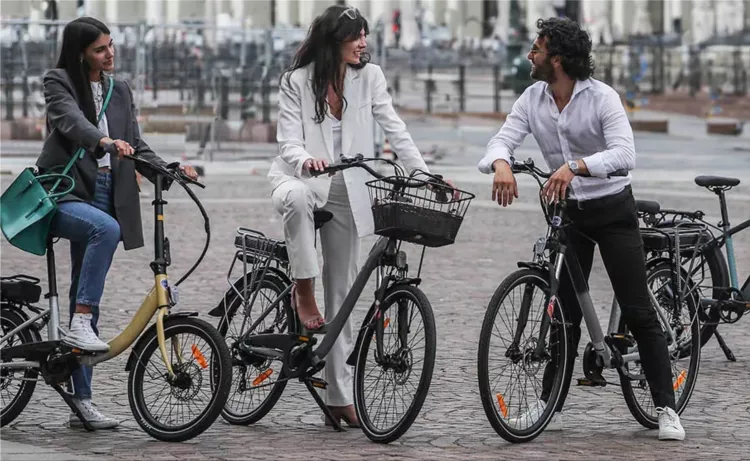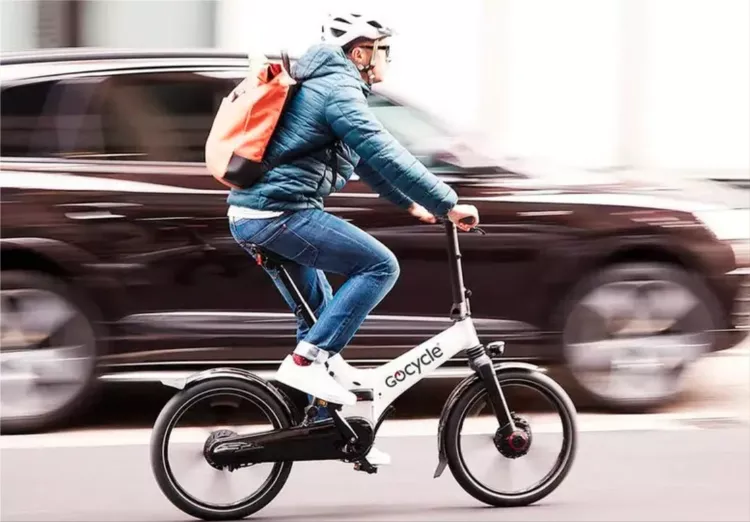Shimano's survey is one of the most extensive European studies on electric bikes riders' opinions; it polled over 15,500 people across 12 countries. The worldwide spread of the pandemic impacted prior reports from Shimano. As Europe emerges from its lockdowns, new motivations, and anxieties for people to ride electric bikes become apparent.
In 2021, 39% of respondents said they rode an electric bike so they wouldn't have to take public transportation. By the year 2022, this figure will have decreased to 18%. Currently, 47% say that rising living costs are the primary reason they ride their bikes to work. Forty-one percent of respondents said they would be more likely to purchase an electric bicycle if offered a subsidy to offset the upfront investment cost.
Vice President of Shimano Europe Frank Peiffer says the cycling sector should remain cautious despite the study's findings because of the possibility of new crises affecting the supply chain and manufacturing techniques and the cost of food and energy.
"Our survey reveals that in the 12 European nations studied, the growing cost of living, such as higher fuel prices, is the key driving factor in the usage of e-bikes, in that 47% of those polled in those countries said that they would be more likely to use an e-bike," Peiffer predicts that such effects will continue to be felt, compounded by the addition of a projected energy crisis compared to the previous year.
In 2022, environmental issues will be front and center. While 33% of Europeans, on average, cited environmental impact reduction as a reason for cycling, that number is substantially higher in nations experiencing heat and drought. It is, for instance, 46% in Spain and 51% in Italy. Those responding between the ages of 18 and 24 are the most concerned about their environmental impact, but the gap in attitudes between the younger and older age groups has shrunk since 2021.
Because of their potential to cut down on automobile use and traffic congestion in urban areas, electric bikes are generally thought of as belonging to a niche market of environmentally conscious consumers. The reduced negative effects on the environment are a major selling point for electric bicycles. Urban workers trail those who prioritize the environment by a small margin (52% to 48%). This consensus acknowledges that electric bicycles offer an alternative to driving or taking public transportation during rush hours.
Among those asked, 41% said they didn't have a bike at home. Some countries have far fewer bicycles in circulation than the rest of Europe. 63% of people in the United Kingdom do not own a bike. It's 51% in France. The percentage of people in the Netherlands who do not possess bicycles is among the lowest in the world (13% or fewer).
Due to the prohibitive expense of owning a car, many people are turning to electric bicycles as a viable alternative mode of transportation. Another factor that receives a lot of attention is the unreliability of public transport, which makes electric bikes attractive. Seventy percent of people say they would use them as a mode of transportation to and from work (compared to 48% of Europeans on average), and sixty percent of people say they are very concerned about environmental issues (62 percent of women and 57 percent of men).
According to the data, youth are the most environmentally conscious when riding electric bicycles. Whereas the gender gap between 18 and 24-year-olds across Europe is 37% (36% women, 30% males), it is even wider in Spain (49% women, 43% men, 56% overall), for example. A survey of Spanish residents found that 29% think there needs to be more education about the benefits of electric bikes.
Here is a link to Shimano's whole report.
Mexico City has commissioned 63 battery-powered trolleybuses from Chinese manufacturer Yutong. 40 of the buses have already been delivered, the remaining 23 will follow in December. These are O-buses that also have a battery to cover up to… Continue reading
Bird's electric scooters are now available in many European cities. And, if comments made by a micro-mobility supplier in the United States are to be believed, electric scooters are also widely utilized - unless they have just landed up in… Continue reading
Cooperation partners MagniX and Harbor Air have announced the successful first flight of a de Havilland Canada DHC-2 Beaver seaplane converted to electric propulsion. The declared goal of the duo is to successively electrify all 42 sea… Continue reading
Living more sustainably should be a focus for all of us in 2021, whether that means making adjustments in our everyday lives, consumption, or even our method of transportation. Our traditional fossil fuel modes of transportation must be replaced with greener… Continue reading

